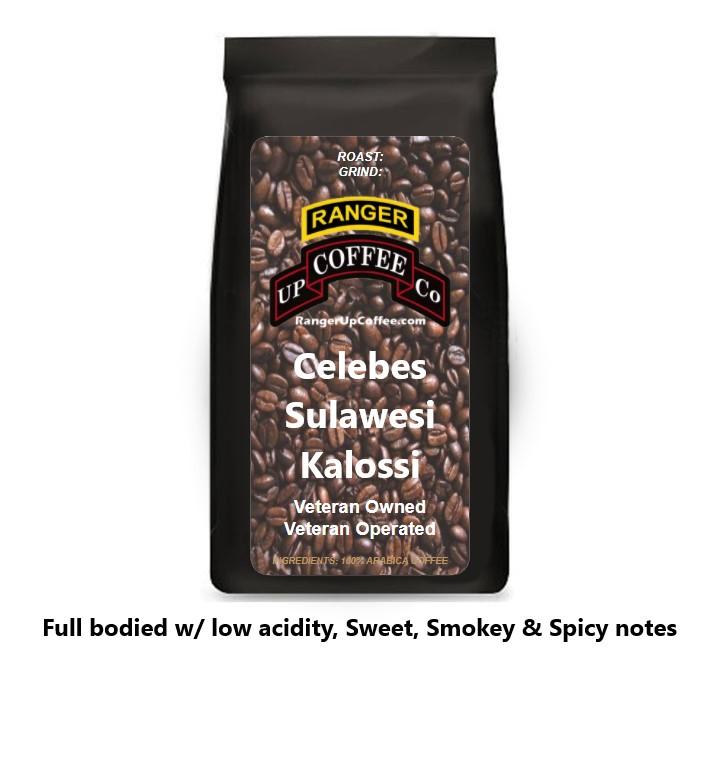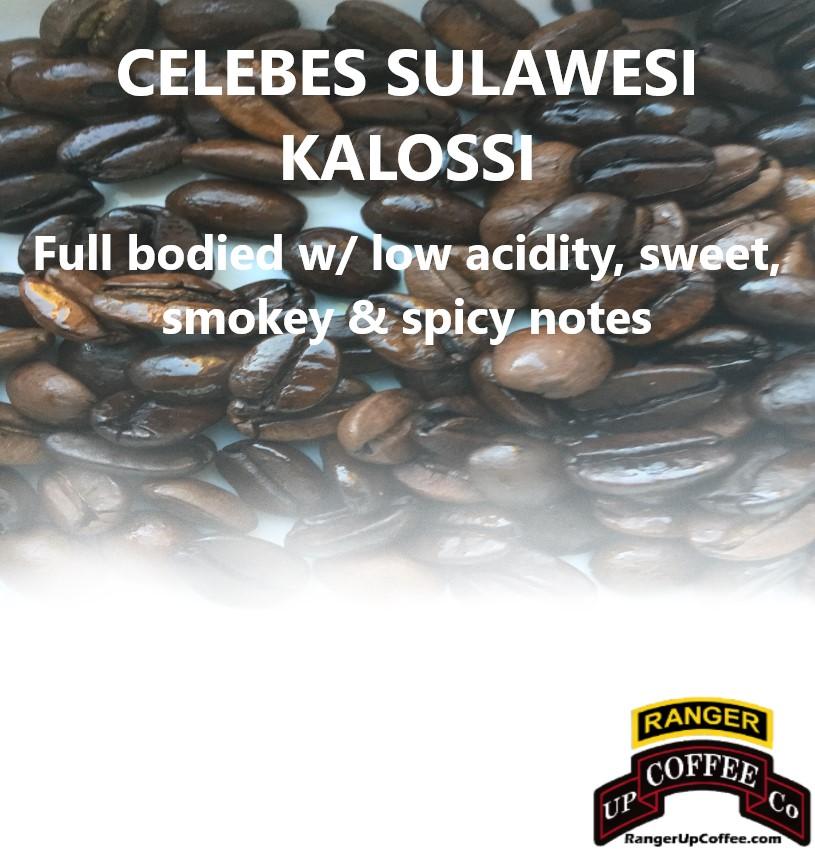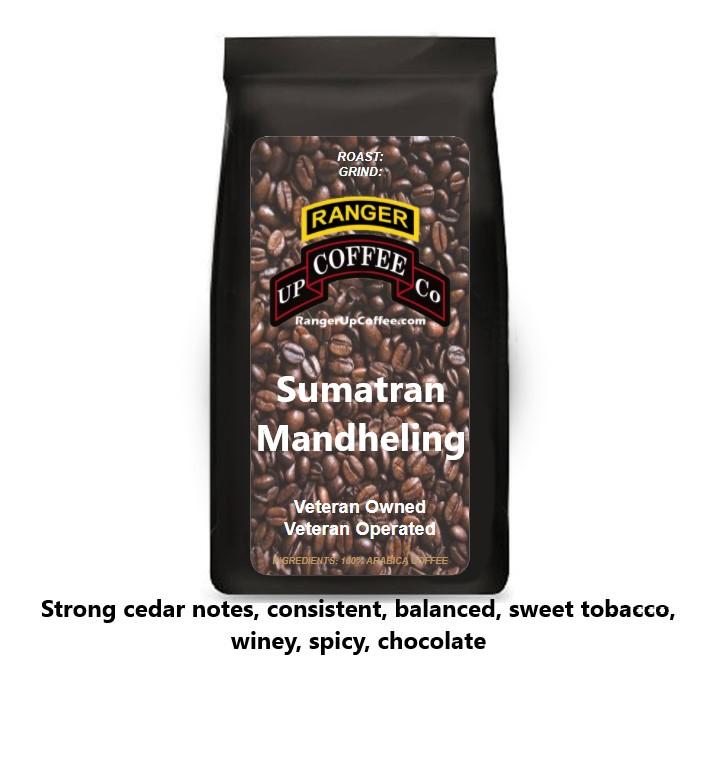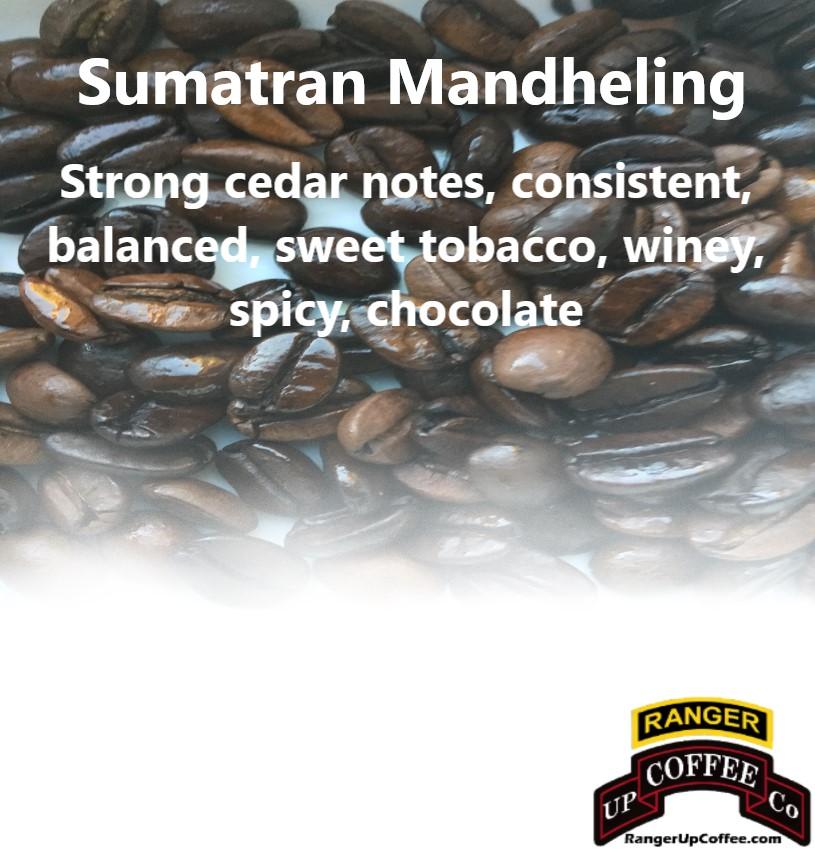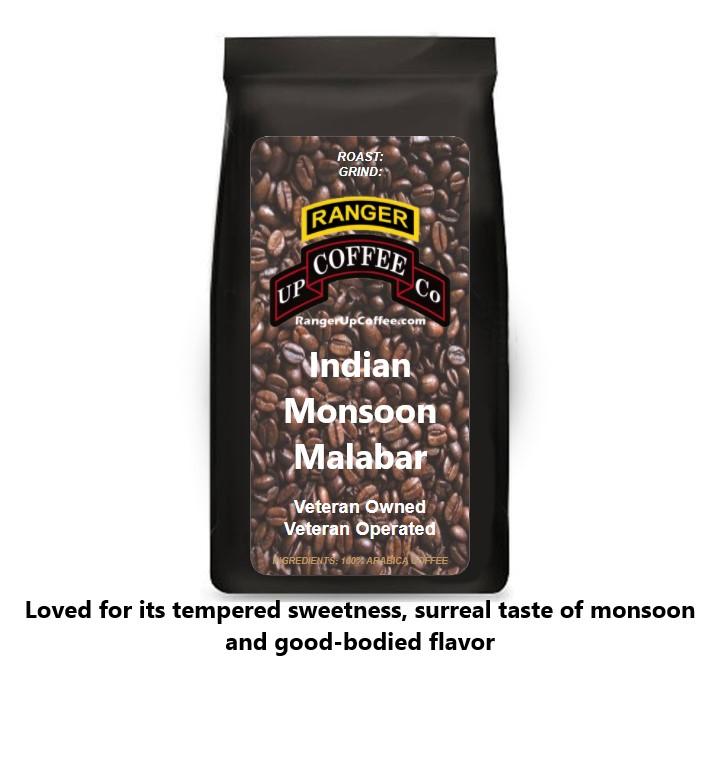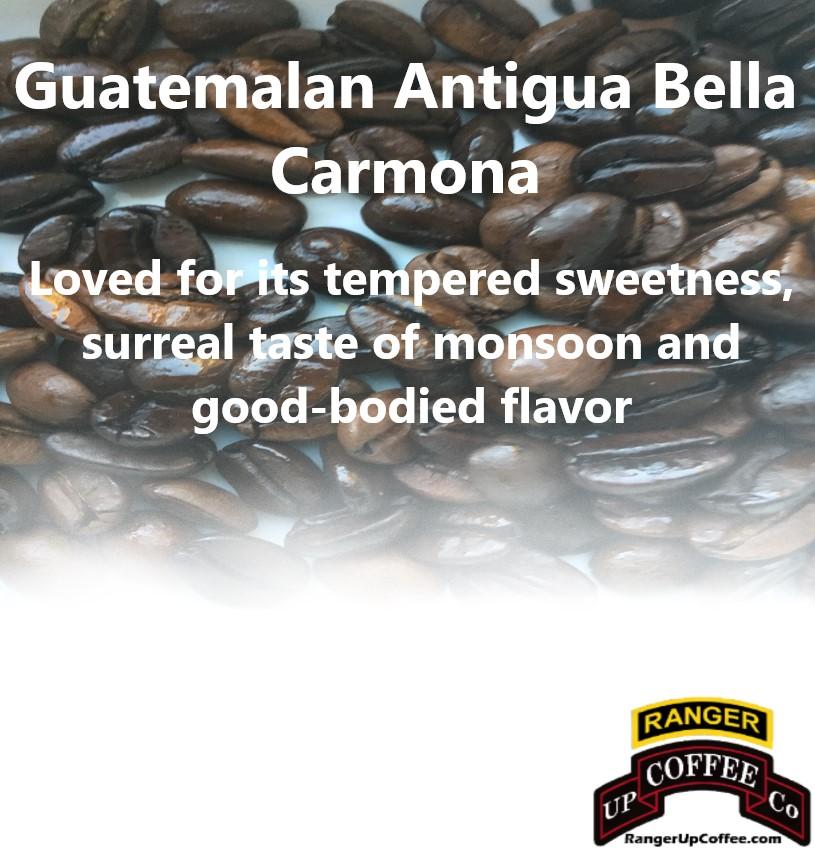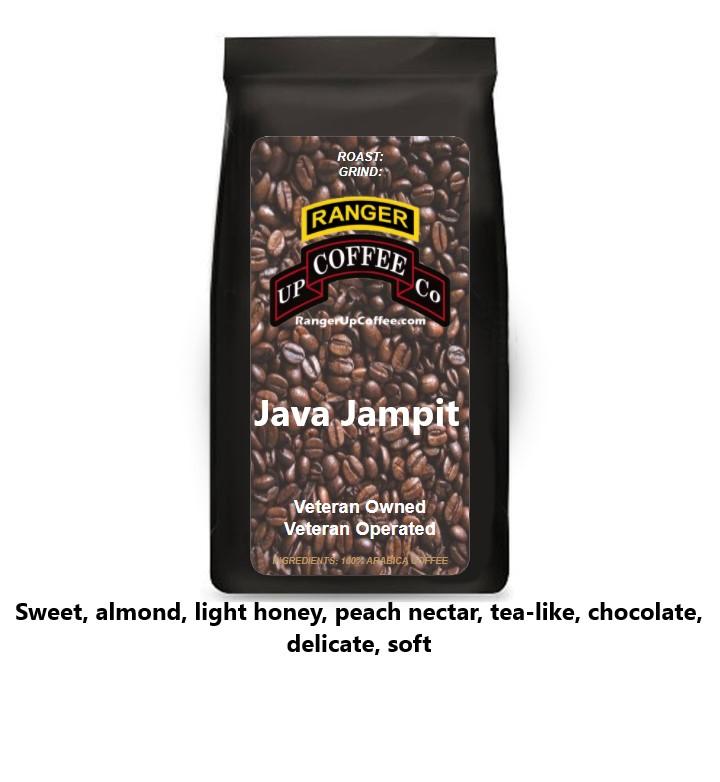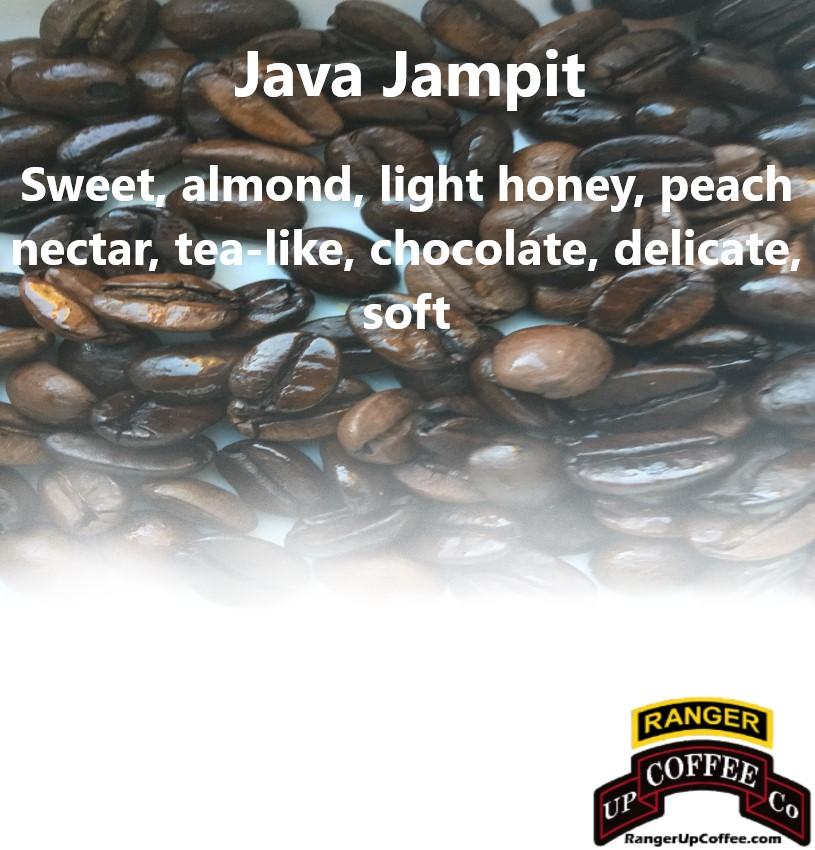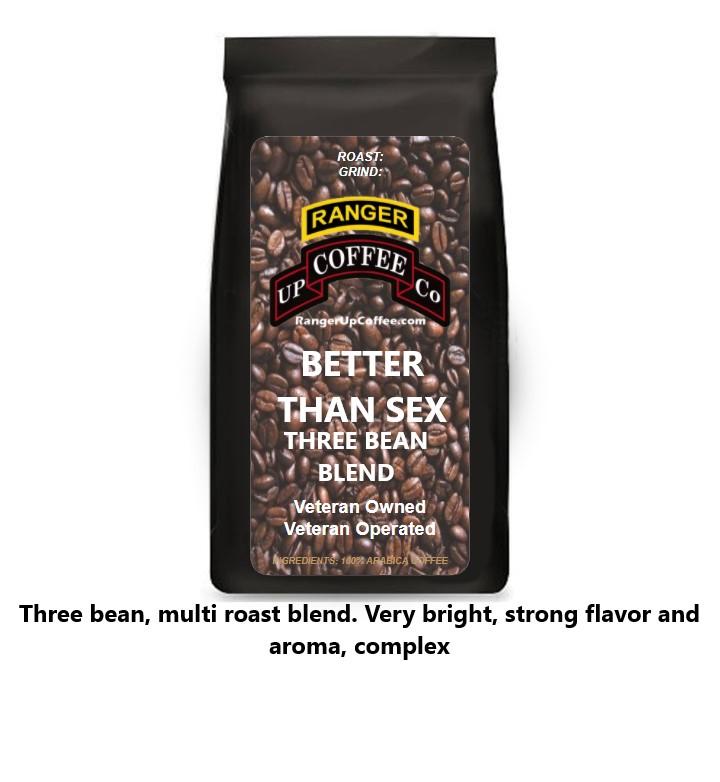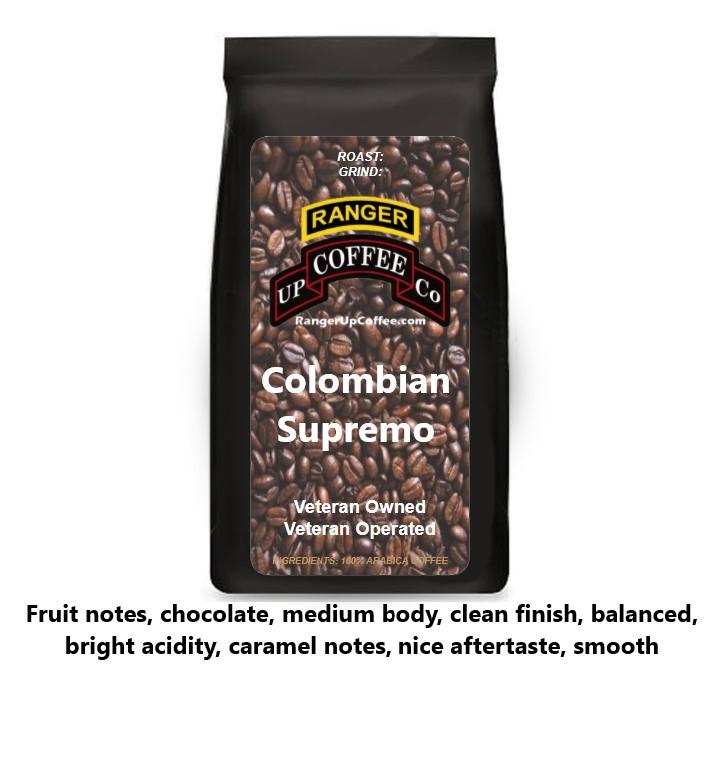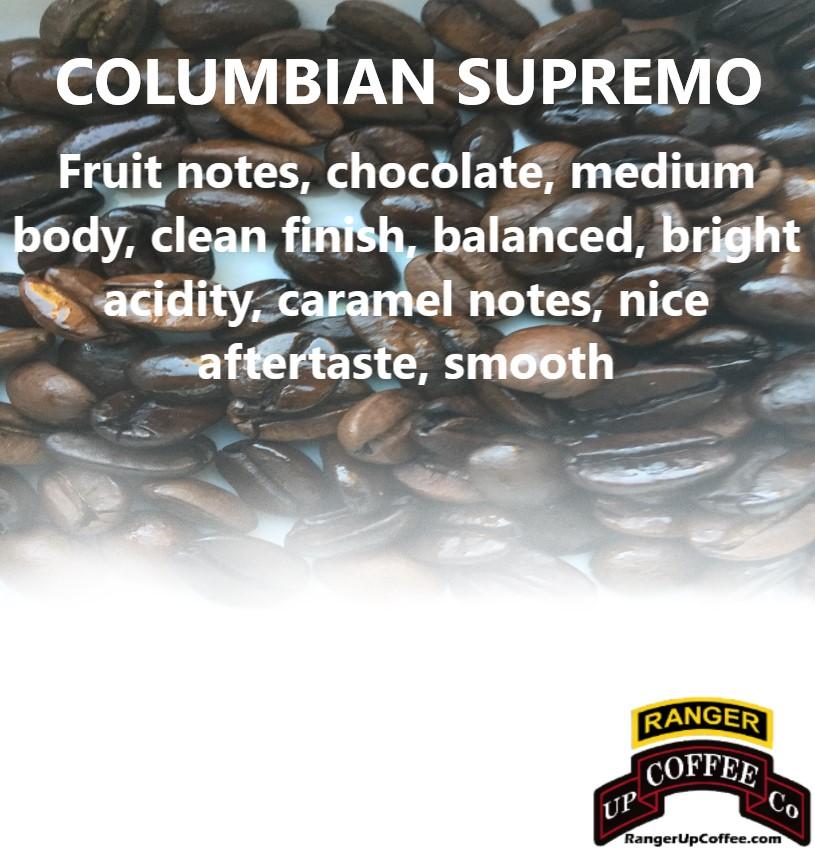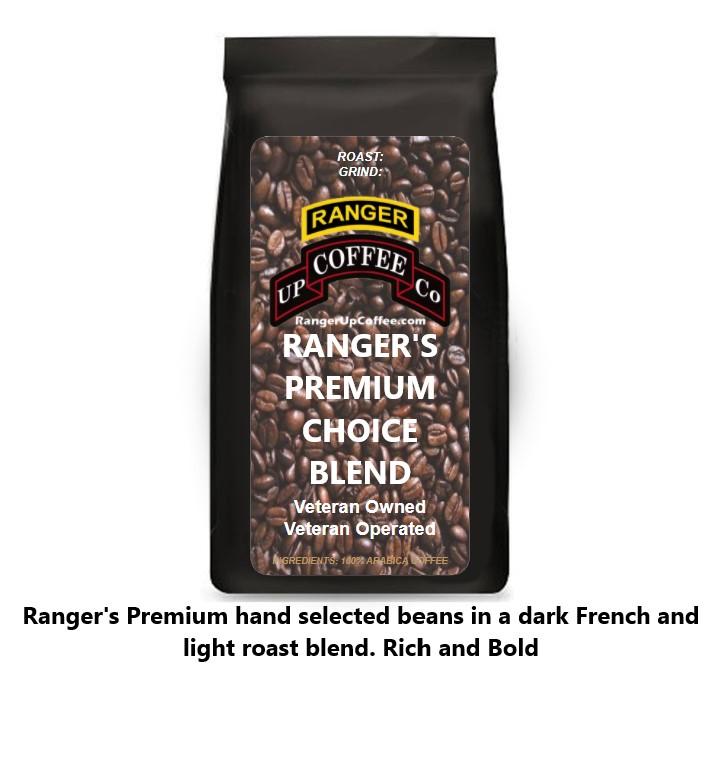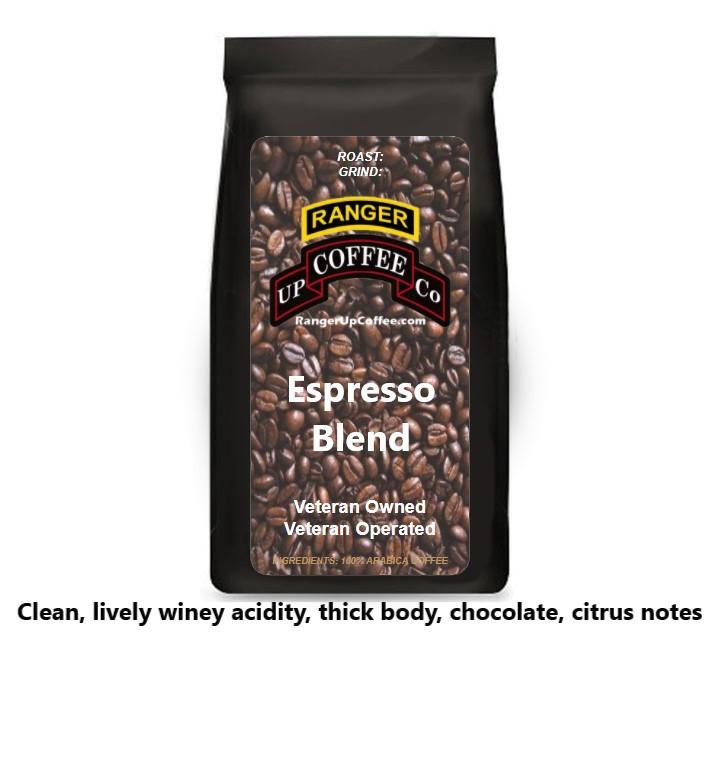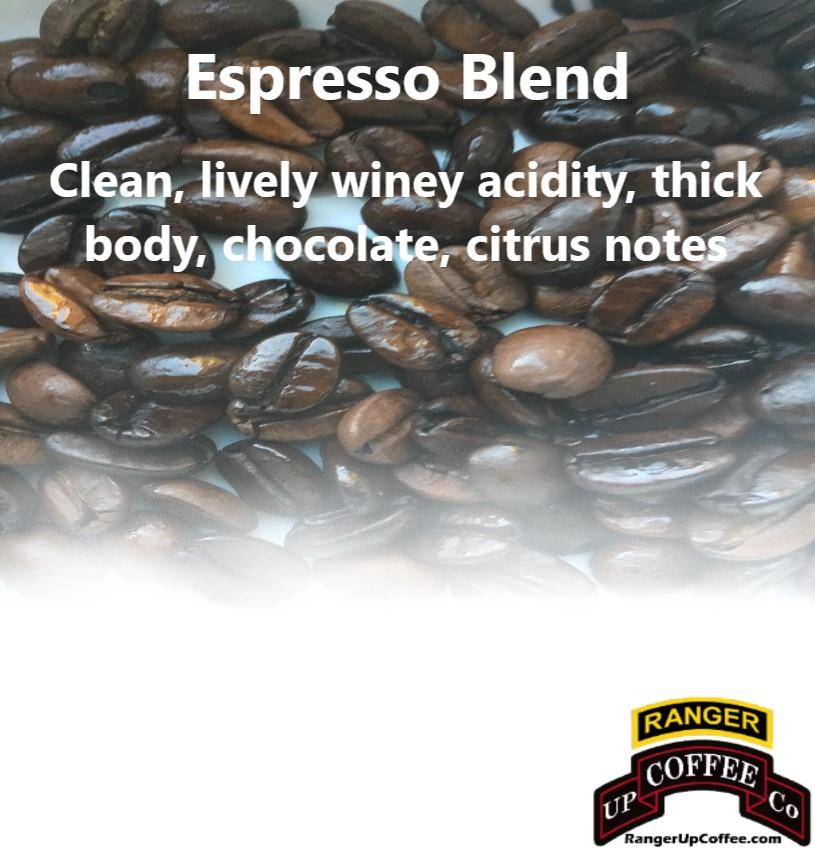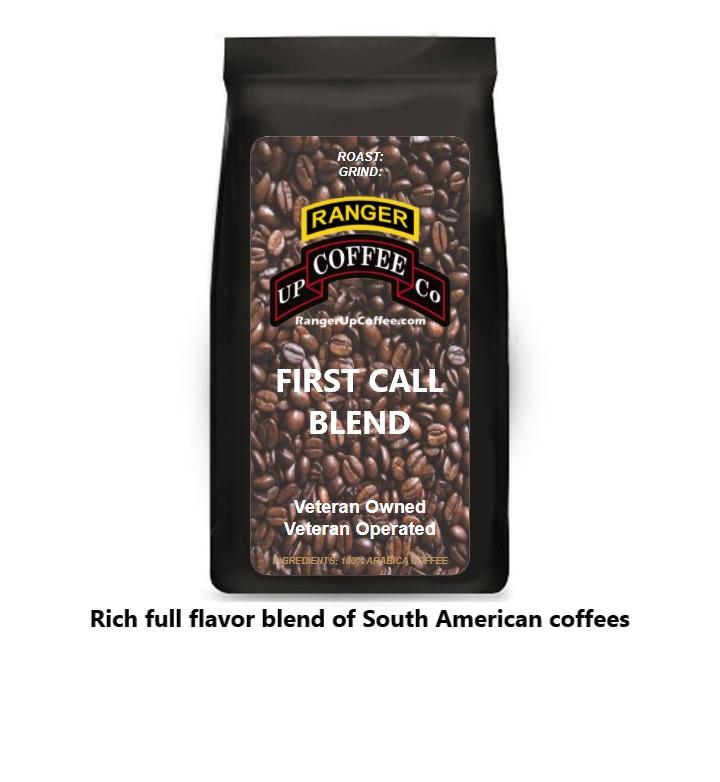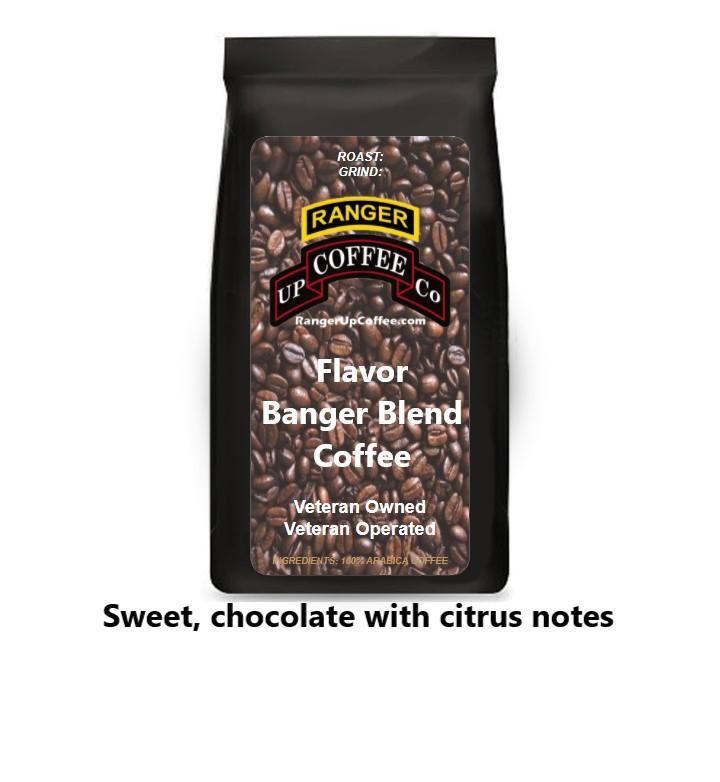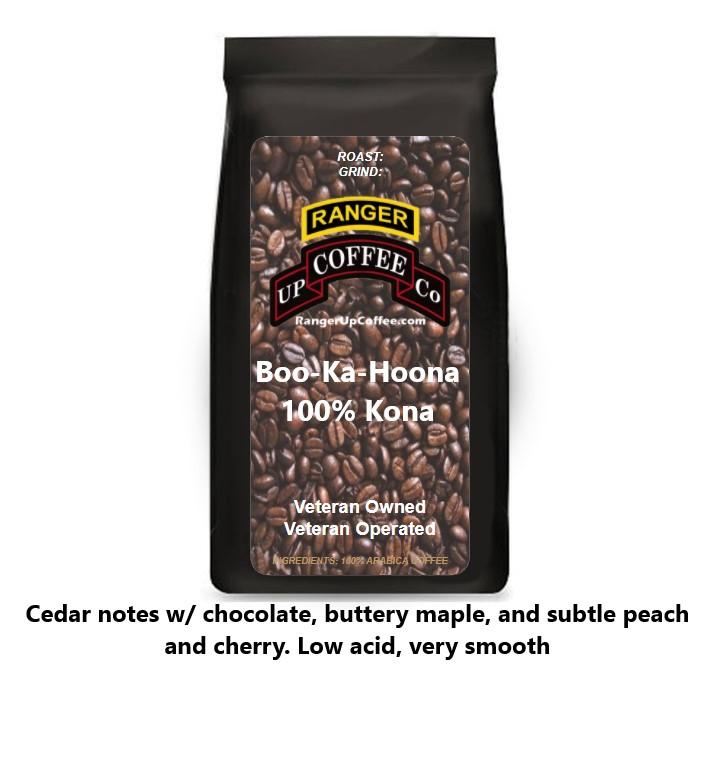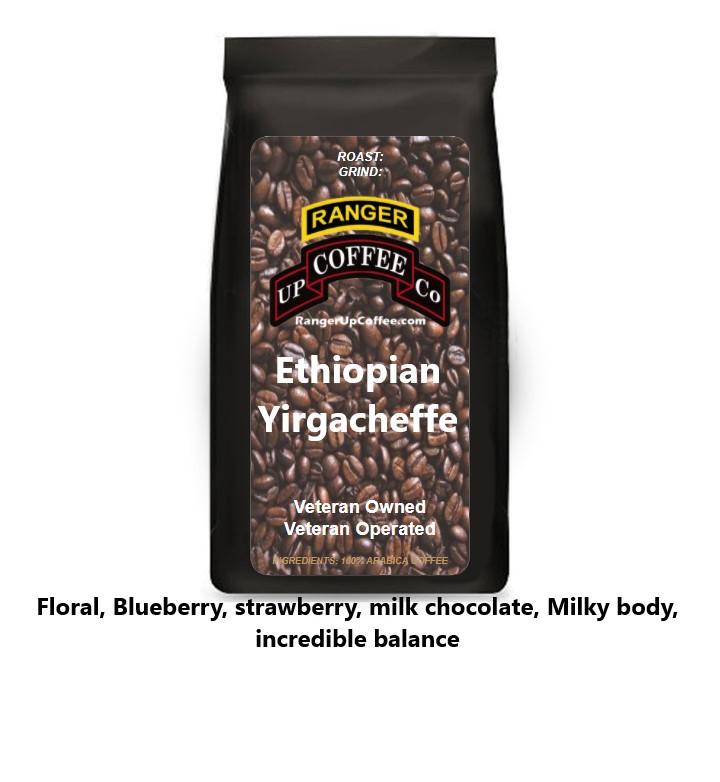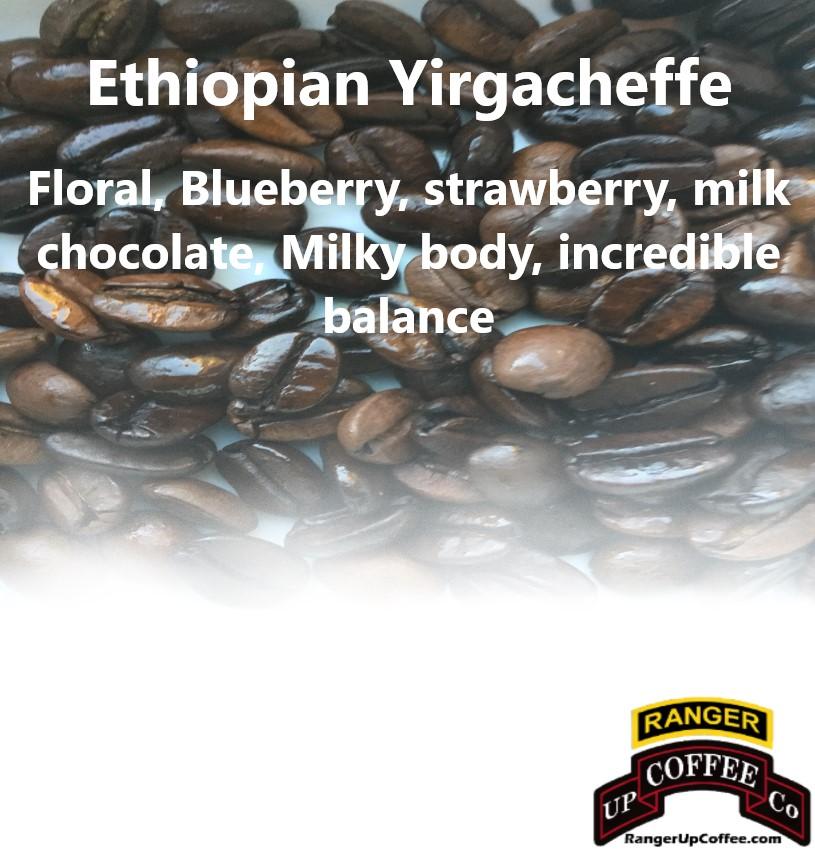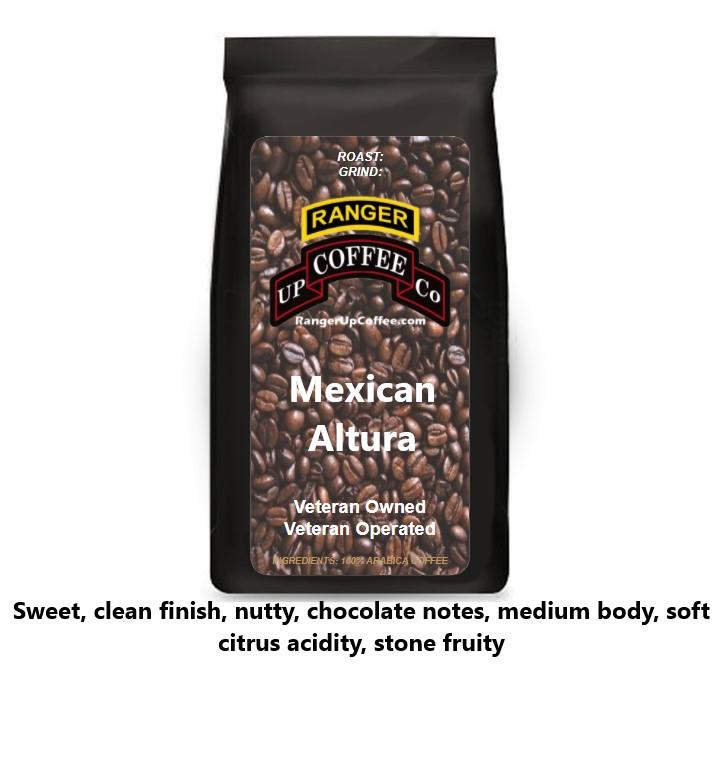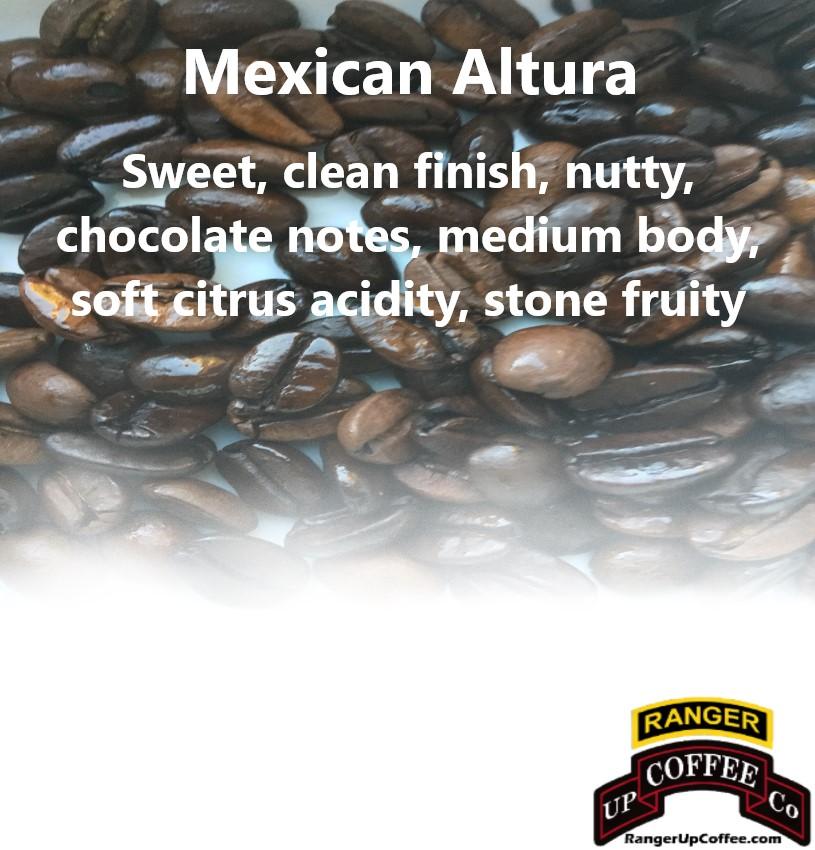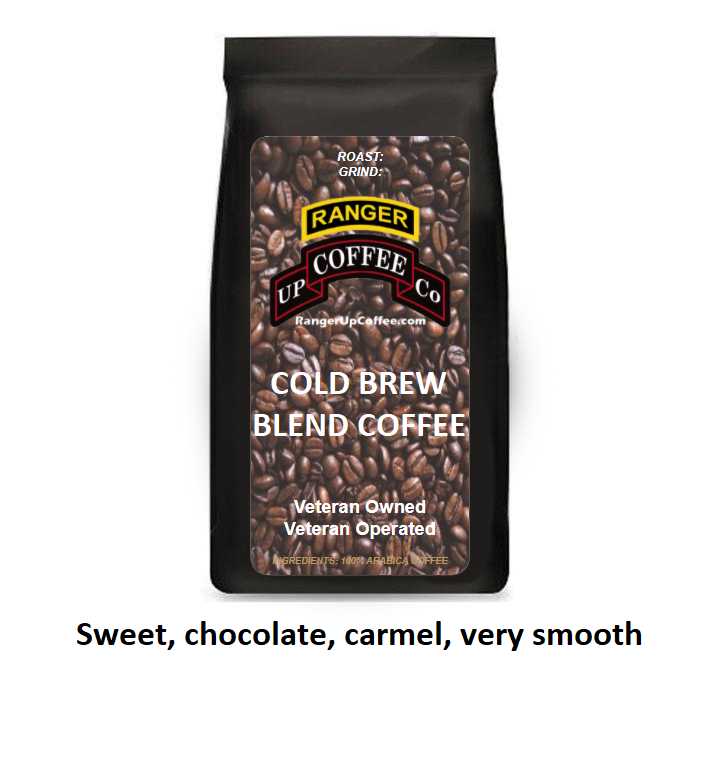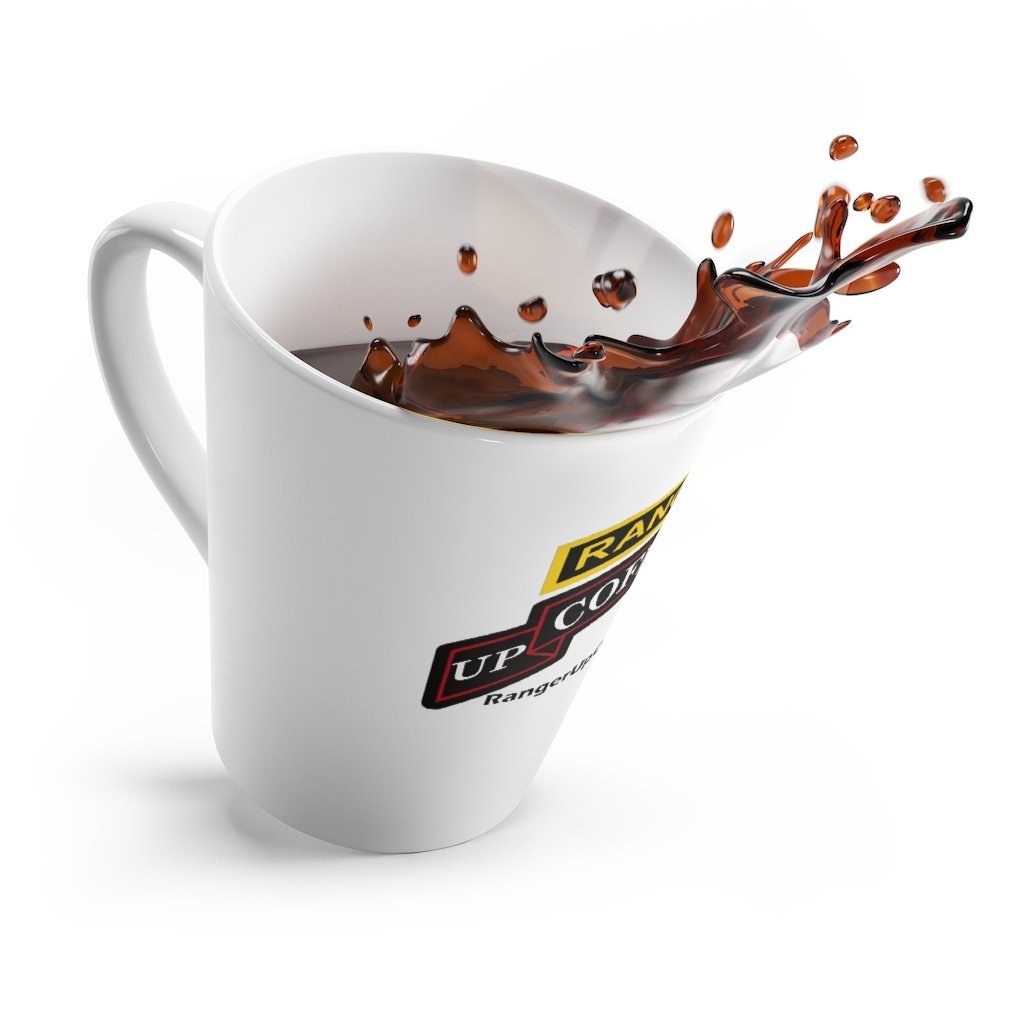Celebes Sulawesi Kalossi Coffee
This region is famous for producing high quality coffee. The beans are grown in small quantities to give it a unique taste and flavor. They are, for the most part, not grown on large commercial plots. After the cherries are picked, the coffee beans are processed using the “wet-hull” method, common in Indonesia. The coffee cherries themselves are mashed to remove their husks and left to sit overnight with their mucilage still on the beans, until they are sun-dried the next day. The region is populated by the Toraja people, who have used this method for generations, believing it to remove the coffee bean’s acidity, while preserving the other flavors.
Growing Conditions:
Sulawesi is a large island in the Malay Archipelago in the Republic of Indonesia. It is the fourth largest island in Indonesia, after New Guinea, Borneo, and Sumatra. Sulawesi Kolassi coffee originates from the Sesean Mountains in central Sulawesi. The coffee grown in this region is grown at a much higher altitude than is common in Indonesia, which tends to focus on lower altitude Robusta coffee. For example, while most Sumatran coffee is grown as low as 800 meters above sea level, Sulawesi Kalossi is grown 1100-1800 meters above sea level. The area is humid and has just the right amount of rainfall needed to keep coffee trees healthy.
Sulawesi was previously known as Celebes during the Portuguese reign and the name is still commonly used today. Kalossi was the old name of the coffee market where much of the coffee in the region was traded. Sulawesi roughly translates to “Iron Island” which refers to the high amount of iron in the soil. Many believe that the heavy iron content gives the coffee a special flavor.
A Brief History of Sulawesi Coffee
In the late seventeenth century, the Dutch governor of India sent Typica seedlings from Yemen to the Dutch governor of Jakarta, the capital city of Indonesia. The Dutch wanted to grow their own coffee so that they could bypass the Arab merchants’ monopoly on the coffee trade. After several years of poor harvests, the plants grew, and in 1711 the first coffee exports were sent from the island of Java to Europe by the Dutch East India Company. Dutch colonialists established large plantations on Java, and the island soon became the largest coffee supplier in the world, and would continue to hold this distinction until the middle of the nineteenth century when it was eclipsed by Brazil. The island was virtually synonymous with coffee for many decades, and to this day coffee is commonly referred to as “java.”
The history of coffee cultivation in Sulawesi is something of a mystery. The Dutch East India Company did set up many plantations on Sulawesi starting in 1750. However, it is thought that coffee was cultivated well before the Colonial period in Toraja, which is the center of the coffee production area and located near the highest points of the Sesean Mountains, by the Toraja people. The Toraja people are descendants of Indochinese (possibly Cambodian) oceanic traders who crossed the sea to settle in the Sulawesi highlands and take up agriculture. They were somewhat isolated high up in the mountains and mostly ignored by the Dutch until the nineteenth century. But even after they were integrated into the plantation system, they managed to maintain their cultural independence and have done so up to the present day. The Toraja are famous for their elaborate funeral ceremonies, which can last for many days, and which culminate in the interment of the corpse in tombs carved into the sides of the mountains. They are also famous for their singular, colorful, architectural style. Many of their traditional houses (tongkonan) resemble boats or the heads of buffalos.
Disaster struck in the 1876, when the coffee rust disease swept through Indonesia, wiping out most of typica cultivar. Robusta coffee was introduced in 1900 as a substitute, especially at lower altitudes, where the rust was particularly devastating. In the 1920s, after the decline of the Dutch Plantation system, smallholders throughout Indonesia began to grow coffee as a cash crop. Today, most of the coffee grown in Indonesia is grown by smallholders.
The Japanese occupation of 1942-45 of Sulawesi further undermined Dutch Power. Initially welcomed as liberators, the Japanese gradually established themselves as harsh overlords. One result of the occupation was a shattered coffee industry that took many years to rebuild.
Until the late 1980’s, the entire annual crop of Celebes Sulawesi Kalossi amounted to just a few hundred tons. Since then, the cultivation of coffee has increased substantially, but the exclusivity of the cup quality remains.
In recent years, man of the smallholders in Sulawesi have banded together to form cooperatives in order have a greater advantage in the market. We source from the Cooperative Petani Kopi Organik Toraja, a cooperative that consists of 570 farmers, with small plots locally known as gardens. The coffee is harvested today as it was in the past, organically. These farmers are now part of the first organic certified coffee Cooperative in Sulawesi, Petani Kopi Organik Toraja, thus receiving a premium for their coffees. Their goal is to produce the best organic Sulawesi Toraja Arabica and improve the livelihood of all the farmers and their families, socially and economically. To ensure health, luck and prosperity for the farming families, the coffee jute bags are all marked with the symbol of the sun, or Bariallo.
Notes: Full bodied w/ low acidity, Sweet, Smokey & Spicy notes
